Case Study: Predictive Maintenance with AI in a Bottling Plant
Company: AquaPure, a medium-sized bottling plant producing bottled water and other beverages.
Challenge: AquaPure was faced with frequent unplanned downtime due to equipment failures in its bottling line. The failures resulted in lost production time, additional maintenance costs (reactive maintenance is expensive), and delayed shipments, impacting customer satisfaction and revenue. Troubleshooting and identifying the root cause of the failures were often a slow and complex process.
Solution: AquaPure implemented an AI-powered predictive maintenance system. The system leveraged several key technologies:
Collection of Sensor Data: Sensors were installed on critical equipment throughout the bottling line, recording data on various parameters such as temperature, pressure, vibration, and power consumption.
Integration and Preprocessing of Data: A data pipeline was established to integrate and preprocess the sensor data, preparing it for analysis. This involved handling missing data, removing outliers, and transforming the data into an analyzable format.
Development of Machine Learning Model: A machine learning model, more specifically a recurrent neural network (RNN), was trained using historical sensor data and maintenance records. The RNN was chosen due to its ability to deal with time-series data and identify patterns that indicate the impending equipment failures.
Predictive Alerts and Recommendations: The trained model digested real-time sensor data and forecasted the likelihood of equipment failures in the near future. When the failure likelihood exceeded a threshold value, the system generated alerts and also provided maintenance recommendations, including which specific components were most likely to fail and when it would be optimal to conduct the maintenance.
Visualization Dashboard: A user-friendly dashboard displayed the real-time status of the equipment, predicted failure probabilities, and recommended maintenance actions. This allowed maintenance teams to plan and prioritize maintenance in advance.
Results: Through the AI-powered predictive maintenance system, AquaPure experienced radical improvements:
Less Downtime: Unplanned downtime decreased by 40%, which led to increased production output and revenue.
Lower Maintenance Costs: The shift from reactive to predictive maintenance reduced maintenance costs by 25% by optimizing maintenance schedules and reducing emergency repairs.
Longer Equipment Life: Identification of impending failures and timely maintenance increased the life of major equipment, reducing capital investments.
Improved Production Efficiency: Stable and consistent running of the bottling line improved overall production efficiency and optimized resource utilization.
Enhanced Customer Satisfaction: Prompt delivery and good product availability enhanced customer satisfaction and AquaPure’s market position.
Critical Success Factors:
Data Quality: Integrity and correctness of historical sensor data and maintenance records were imperative to develop a successful machine learning model.
Cross-Functional Teams: Close collaboration among the IT, maintenance, and operations personnel ensured successful system adoption and rollout.
Continuous Monitoring and Enhancement: Regularly reviewing the performance of the AI model and incorporating feedback from the maintenance team allowed continuous improvement and refinement of the system.
This case study shows how AI-powered predictive maintenance can transform manufacturing operations, leading to increased efficiency, reduced costs, and greater customer satisfaction. By leveraging the power of data and machine learning, businesses like AquaPure can create a competitive edge in today’s competitive market.


Leave a Reply